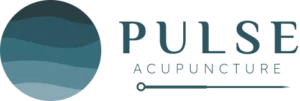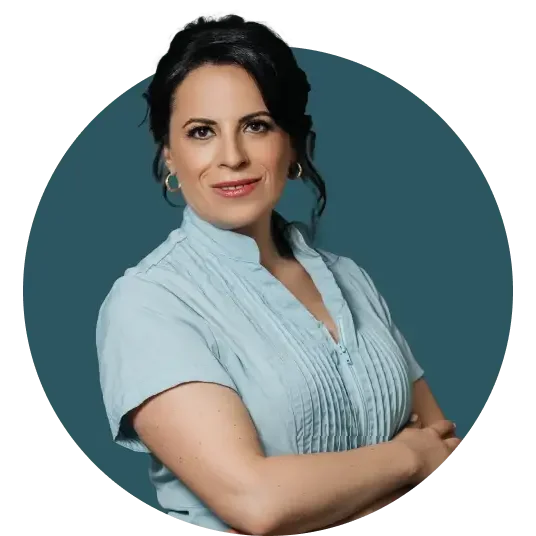Acupuncture for Insomnia
Acupuncture for Insomnia
Many individuals seek acupuncture as a holistic and complementary method to treat insomnia and promote restful sleep without relying on medication. But does it work? Let’s find out.
Can Acupuncture Help With Insomnia
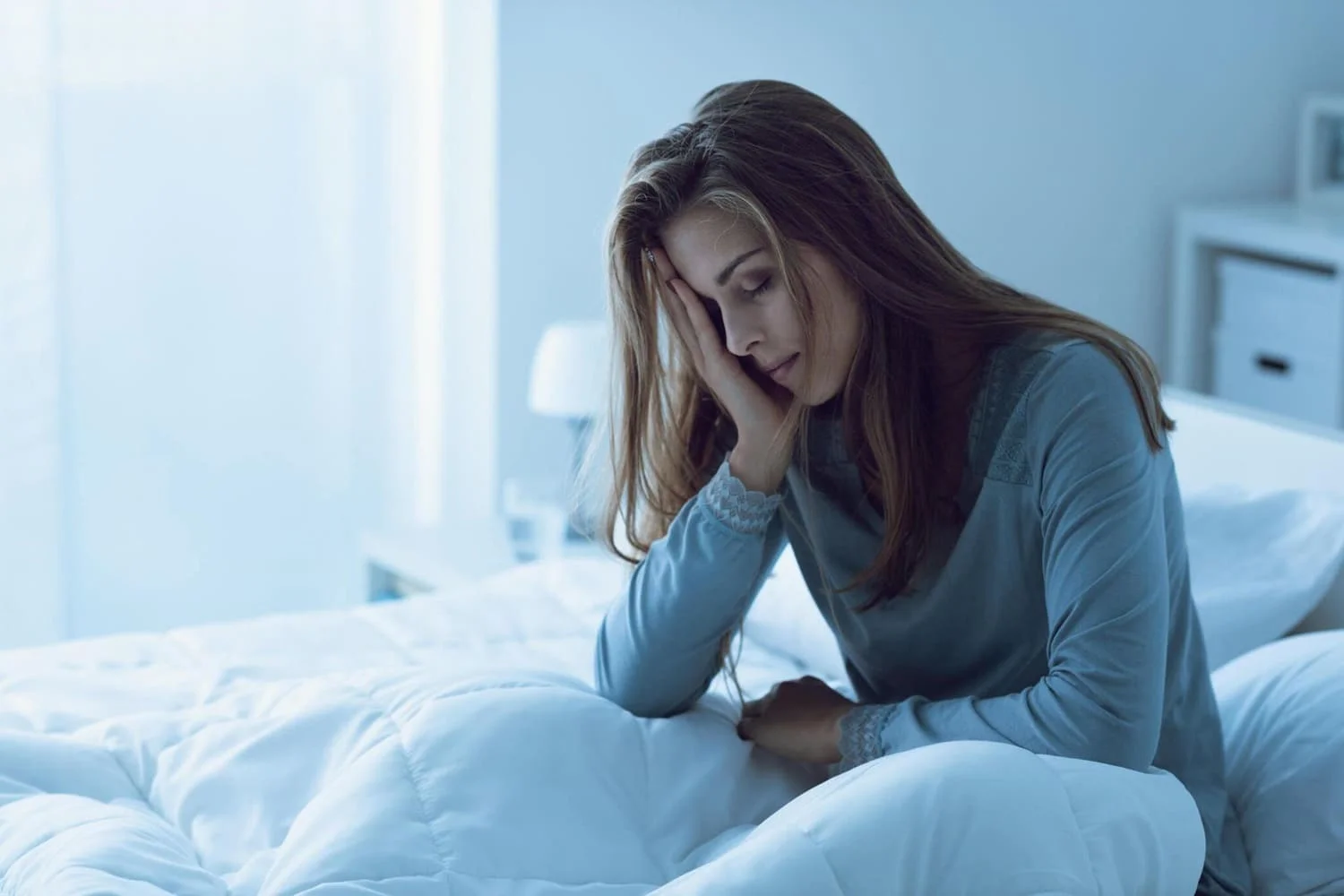
By targeting specific points on the body, this practice aims to restore balance in the body’s energy flow, addressing the root causes contributing to sleep disturbances. While individual experiences vary, some find acupuncture sessions to be relaxing, promoting a sense of calm conducive to better sleep.
The mechanism behind acupuncture for insomnia involves the stimulation of certain nerves, releasing neurotransmitters that regulate sleep patterns. This holistic approach doesn’t just focus on the symptoms but focuses on the underlying imbalances that disrupt sleep.
As a complementary therapy, acupuncture for sleep aims to upgrade overall well-being, aiding in relaxation. However, acupuncture insomnia effectiveness may differ from person to person, and it’s often recommended alongside other lifestyle adjustments for the most effective sleep management.
Pressure Points for Sleep
Pressure points linked to promoting better sleep are situated across the body. Some notable pressure points include:
- Anmian. Positioned behind the ear, this point is believed to alleviate insomnia, calming the mind for better sleep.
- Yintang. Found between the eyebrows, stimulating Yintang may ease tension and promote relaxation, aiding in falling asleep.
- Shenmen. Located on the ear’s upper section, Shenmen is associated with reducing stress and anxiety, potentially facilitating sleep.
- Hegu. Situated between the thumb and index finger, massaging Hegu may alleviate headaches and tension, contributing to overall relaxation for better sleep.
Individual responses to pressure point stimulation can vary, and these methods are often used alongside other sleep-promoting practices for optimal results.
Possible Benefits of Acupuncture for Insomnia
Acupuncture for insomnia offers a gentle yet beneficial approach to managing sleep difficulties. Unique benefits of acupuncture for sleep include:
- Stress Reduction. Acupuncture may help with stress and anxiety, promoting a calmer mental state.
- Regulating Sleep Patterns. By targeting specific points, acupuncture seeks to regulate the body’s circadian rhythms, improving sleep quality and duration.
- Enhanced Relaxation. The process of acupuncture often induces a deep sense of relaxation, allowing individuals to unwind and prepare for a more restful sleep.
- Holistic Approach. It focuses not just on treating symptoms but on addressing underlying imbalances, aiming for long-term improvements in sleep quality and overall well-being.
While acupuncture for sleep issues can be a valuable adjunct in managing sleep issues, its effectiveness varies among individuals.
Related Treatments
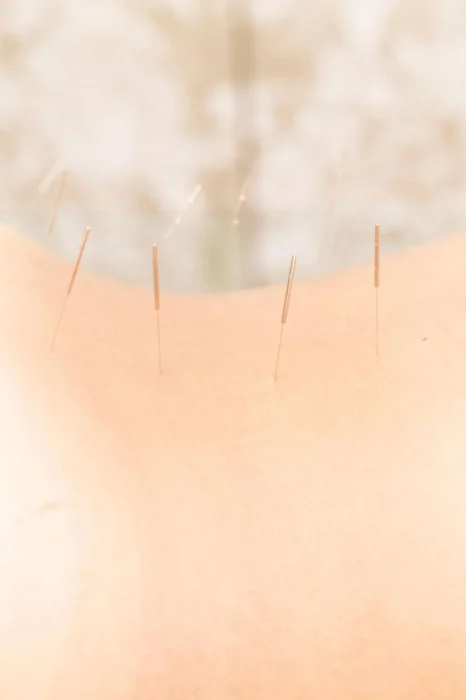
Related treatments for addressing sleep issues like insomnia may include:
- Cognitive Behavioral Therapy for Insomnia (CBT-I). A structured therapy targeting behaviors and thoughts affecting sleep patterns, promoting healthier sleep habits, and addressing underlying issues.
- Herbal Remedies. Natural supplements like valerian root, chamomile, or melatonin may improve sleep quality.
- Mindfulness and Meditation. Practices like mindfulness meditation or relaxation techniques help reduce stress and promote a calm state of mind conducive to better sleep.
- Sleep Hygiene. Establishing a bedtime routine, creating a comfortable sleep environment, and limiting screen time before bed can significantly impact sleep quality.
- Yoga and Tai Chi. Mind-body practices that use gentle movements and breathwork to relax the body and mind, potentially aiding in sleep improvement.
- Medical Consultation. Consulting healthcare professionals for an accurate diagnosis and exploring medication or specific therapies.
Integrating these approaches, including acupuncture for sleep disorders, into a comprehensive sleep management plan can significantly boost the result.
Experience the Best Acupuncture for Insomnia at Pulse Acupuncture
At Pulse Acupuncture Center, we offer a personalized and dedicated approach to insomnia through acupuncture. With a deep understanding of acupuncture points for insomnia, our practitioner arranges sessions focused on rebalancing your body’s energy flow to address sleep disorders.
In our setting, expect individualized attention and an environment where your sleep concerns are addressed to the fullest. Using targeted acupuncture to help sleep techniques and precise point selection, our practitioner aims to resolve your sleep problems.
But our commitment isn’t just about treating symptoms; it’s about guiding you toward sustainable sleep improvement. At our center, you may experience the best acupuncture in Brooklyn NY for better sleep, where each session is a step toward fostering restful nights and a refreshed morning.
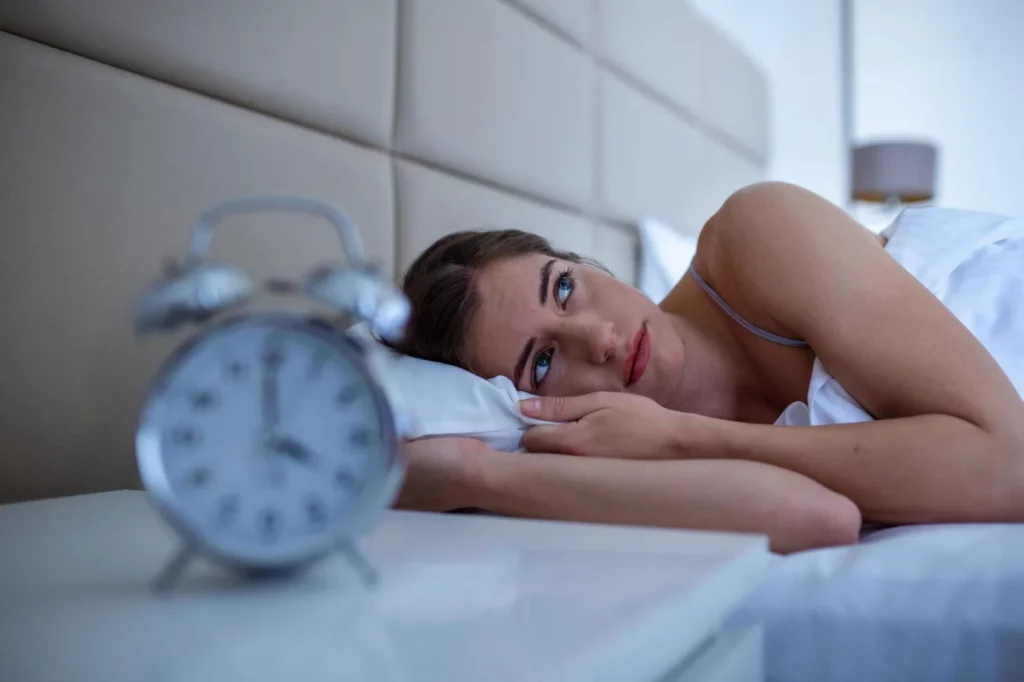
-
Marina Doktorman, M.S., L.Ac., is an experienced acupuncturist who obtained her Masters of Acupuncture from the Tri-State College of Acupuncture in New York City in 2001. During her studies, she focused on Chinese Herbology, a branch of Traditional Chinese Medicine (TCM) that utilizes herbs to complement acupuncture treatments. Marina is licensed in both New York (NY) and New Jersey (NJ) and holds a Diplomate of Acupuncture from the National Certification Commission for Acupuncture and Oriental Medicine (NCCAOM), indicating her expertise in the field.
Why Pulse Acupuncture?

Experience
Marina Doktorman, L.Ac. has over 20 years of clinical experience.

RELAXATION
At Pulse Acupuncture, we aim to cultivate a spa-like environment.

Comfort
All of our needles are of the highest quality for painless insertion.
Patient Reviews in Brooklyn
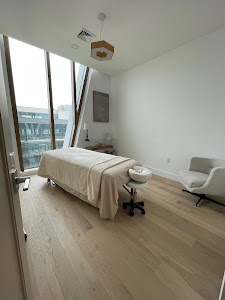

I had the pleasure of working with Marina, Laryssa, and Jaesung, and they have all been absolutely amazing. Thanks to this incredible team, I can now sit, drive, walk, sleep comfortably, and function normally again. I truly don’t think I’d be where I am today without their care and expertise.
Pulse Acupuncture has become my go-to place for anything pain-related. The entire team is warm, compassionate, and professional, with outstanding bedside manners.
I highly recommend Pulse Acupuncture to anyone experiencing pain and looking for effective, non-invasive treatment. Truly life-changing! 😊









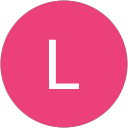

Marina is very accommodating, kind, and attentive, and her staff is a pleasure to deal with. I highly recommend Pulse.


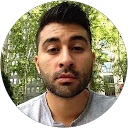











Acupuncture has truly changed my life and has helped me in ways I didn’t even know were possible.
I started doing acupuncture to balance my hormones after 2 years of unsuccessful fertility treatments. When I started seeing Marina, my periods were starting to be regular and I was dealing with a few different symptoms which we started treating right away (constipation, random headaches, body aches)… in the last 3 years I have not been sick (no flu, have never tested positive for COVID) - Marina even treated me for allergies more than a year ago during an allergy episode in changing seasons.
Also want to mention Larissa as I started seeing her in Marina’s beautiful office and she’s also contributed to my wellness journey. Acupuncture is my favorite wellness practice, I see them regularly and have never felt better. I sometimes just tell them whatever I’m thinking/feeling knowing they will stick some needles in different places of my body and I come out floating and feeling so relaxed.




Excellent service- great results- highly recommended ~!
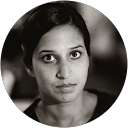




Marina is not only incredibly knowledgeable, but also very calming and has great bedside manners. If you're looking for a fantastic acupuncturist I can't recommend her enough!!

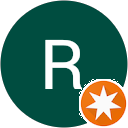
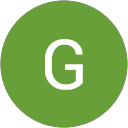



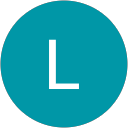






After 10 minutes of the procedure, you get into a different reality. Marina is knowledgeable, answers all the questions. After the procedure, the skin of the face glows, the body becomes lighter by a couple of pounds. I've been looking for such a procedure and state of mind for a long time.


I am beyond grateful to Marina, because after trying so many things, I almost lost hope. highly recommend Pulse Acupuncture and Marina for anyone seeking relief from pain or other health concerns.
The acupuncture sessions themselves are incredibly relaxing and therapeutic. Marina's gentle touch and precise needle placement always leave me feeling calm and rejuvenated. She also incorporates other techniques, such as cupping, which have been very beneficial for my overall health and wellbeing.
In addition to her skill as an acupuncturist, Marina is also a wonderful person to work with. She is warm, friendly, and genuinely cares about her clients' wellbeing. I always leave our sessions feeling refreshed and uplifted, both physically and mentally.
Overall, I highly recommend Pulse Acupuncture and Marina for anyone looking for high-quality acupuncture and personalized care. Thank you, Marina, for your exceptional service and dedication to helping others achieve optimal health!
Acupuncture for Insomnia - FAQ
Can acupuncture help with insomnia?
Yes, acupuncture has been used for centuries to treat various health conditions, including insomnia. Many people find that acupuncture can be effective in improving sleep quality and reducing the severity of insomnia symptoms.
How does acupuncture work for insomnia?
Acupuncture works by stimulating specific acupoints that correspond to different areas of the body and can help regulate the body’s natural rhythms and balance. It may also help to reduce stress and anxiety, which are common contributors to insomnia.
Is acupuncture safe for treating insomnia?
Acupuncture is generally considered safe when performed by a trained and licensed acupuncturist. The needles used are very thin, and the procedure is minimally invasive. However, it’s essential to seek treatment from a qualified practitioner to ensure safety and effectiveness.
How many acupuncture sessions are needed to treat insomnia?
The number of sessions needed varies from person to person. Some individuals may experience improvement after just a few sessions, while others may require several sessions over a more extended period. Your acupuncturist will create a treatment plan tailored to your specific needs.
Contact us
Acupuncture therapy at Pulse Acupuncture Practice, at Clifton, NJ and Williamsburg, Brooklyn, NYC offers unique combination of various cupuncture types for healing on all levels: emotional, spiritual and physical by integrating ancient wisdom of energy healing with modern acupuncture techniques.
